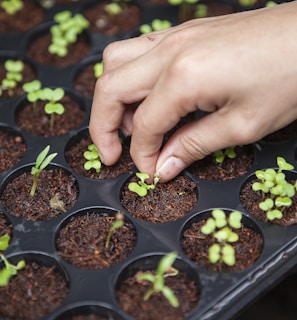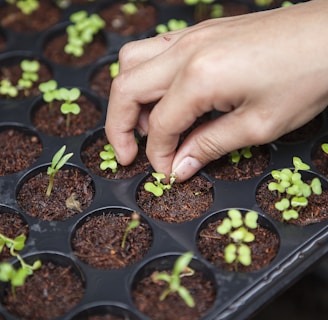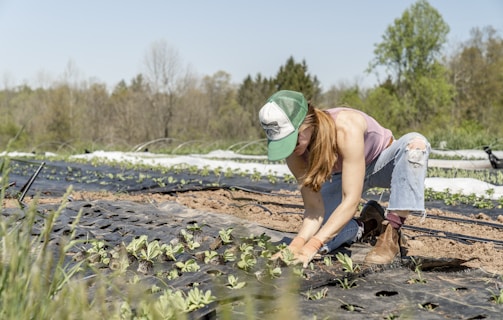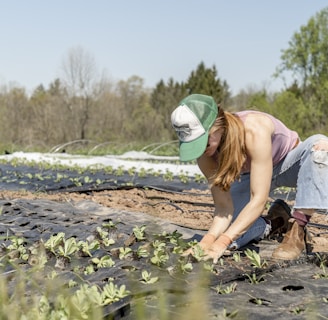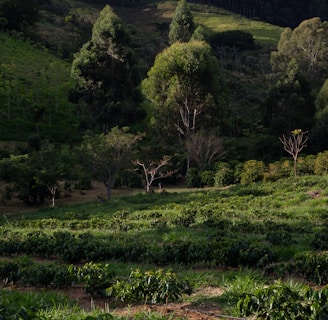Why Agriculture Research Matters
Agriculture has always been the backbone of human civilization, from the earliest days of nomadic tribes to the modern era of advanced technology. With the global population ever on the rise, the demand for food has become more pressing than ever. Herein lies the significance of agriculture research. This sector is now teeming with innovations and advancements, aimed at making food production more efficient, sustainable, and environmentally friendly.
1. Feeding the Growing Population
2. Tackling Climate Change
The world population is expected to touch nearly 10 billion by 2050. To feed this many mouths, food production needs to increase by a staggering 70%. Agriculture research is pivotal in discovering ways to boost yields without excessively straining our planet’s resources.
Modern farming methods often contribute to environmental degradation. Agriculture research can offer solutions to reduce the carbon footprint of farming while ensuring consistent yields.
The loss of plant and animal species is a pressing concern. By exploring sustainable farming techniques, agriculture research can help preserve biodiversity.
Genetically Modified Organisms
Sustainable Agriculture Research: Embracing a Green Revolution
Growing crops in stacked layers indoors, often in urban settings, has the potential to drastically reduce transportation costs and the carbon footprint associated with traditional farming.
Though controversial, GMOs hold promise in ensuring food security. By altering the genetic makeup of plants, researchers can develop strains that are drought-resistant, pest-resistant, or even more nutritious.
Using advanced technologies such as drones, sensors, and AI, farmers can now get real-time data about their crops. This allows for precise application of water, fertilizers, and pesticides, thereby reducing wastage and improving
Technological Innovations in Agriculture Research
Using natural methods for pest control and fertilization, organic farming is a sustainable alternative to conventional farming. Research in this field is focused on improving yields without compromising on organic principles.
A blend of agriculture and forestry, this practice involves growing trees alongside crops. It’s beneficial in enhancing biodiversity, reducing erosion, and improving the overall health of the soil.
Traditional tilling can lead to soil degradation and loss of valuable topsoil. Conservation tillage, a product of extensive agriculture research, minimizes soil disruption, preserving its health.












